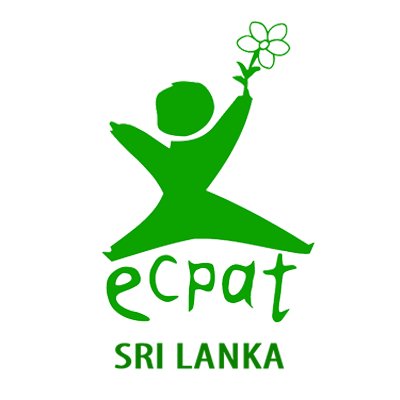

Geneva: Tourism sector meets to tackle human rights issues in the industry
Representatives of the travel and tourism industry are meeting at the UN in Geneva today to discuss the global action needed to end human trafficking, forced labour and the sexual exploitation of children within the sector.
Co-organized by ECPAT and the International Tourism Partnership, the United Nations Forum on Business and Human Rights, will be the first time the sector has gathered to discuss possible solutions to these shared challenges before a United Nations audience.
The travel and tourism industry has rapidly expanded in recent years, with international tourist arrivals increasing from 528 million in 2005 to 1,323 million in 2017. Many developed countries that were once considered “remote” have now opened up to international visitors. However, this expansion has brought challenges to human rights, with the trafficking and sexual exploitation of children increasing alongside the industry’s expansion. No country is immune to this ever-growing risk. However, the industry is also in a unique position to identify the most vulnerable – and to prevent these breaches of human rights.
The industry has a role
“As the reach of global tourism expands, so too do opportunities for those who travel to harm children by sexually exploiting them,” said Theo Noten, Programme Manager, ECPAT Netherlands. “The travel and tourism industry has a key role to play in keeping children safe. Together with business leaders, especially from the travel industry, we call upon the private sector and governments to protect children and meet the commitments made to achieve the Sustainable Development Goals. No child should be left behind!”
Commitment to ending these crimes
At the meeting, experts from non-profit organizations will stand shoulder to shoulder with senior leaders from global travel and tourism companies, such as IATA, the Hilton group and TUI. They will commit to tackling these crimes, which cause misery to millions around the world and in the long-term have a direct impact on the tourism industry.
Speaking before the event, Madhu Rajesh, Director of the International Tourism Partnership explained how her organization is working to help protect human rights in the industry. “ITP convenes the world’s leading hotel groups for collaborative action on these critical human rights issues,” she said. “And in doing so we create practical tools and programmes that help the hotel industry as a whole move further and faster than they can working individually. For example, we’ve united our membership around support for ITP’s Principles on Forced Labour, and encourage their adoption by the wider industry. Through our work, we aim to convene key stakeholders from the public and private sector and encourage cross-sector collaboration on this vital issue.”
End modern slavery
Helen Taylor, Director of Grant Programs at the Global Fund to End Modern Slavery added: “GFEMS is committed to ending modern slavery by making it economically unprofitable, and businesses must play a prominent role if we hope to achieve that mission. We’re pleased to see global tourism business leaders joining forces to work towards our shared goal of fighting human trafficking and hope this forum will motivate other companies to get involved in driving solutions forward as well.”
